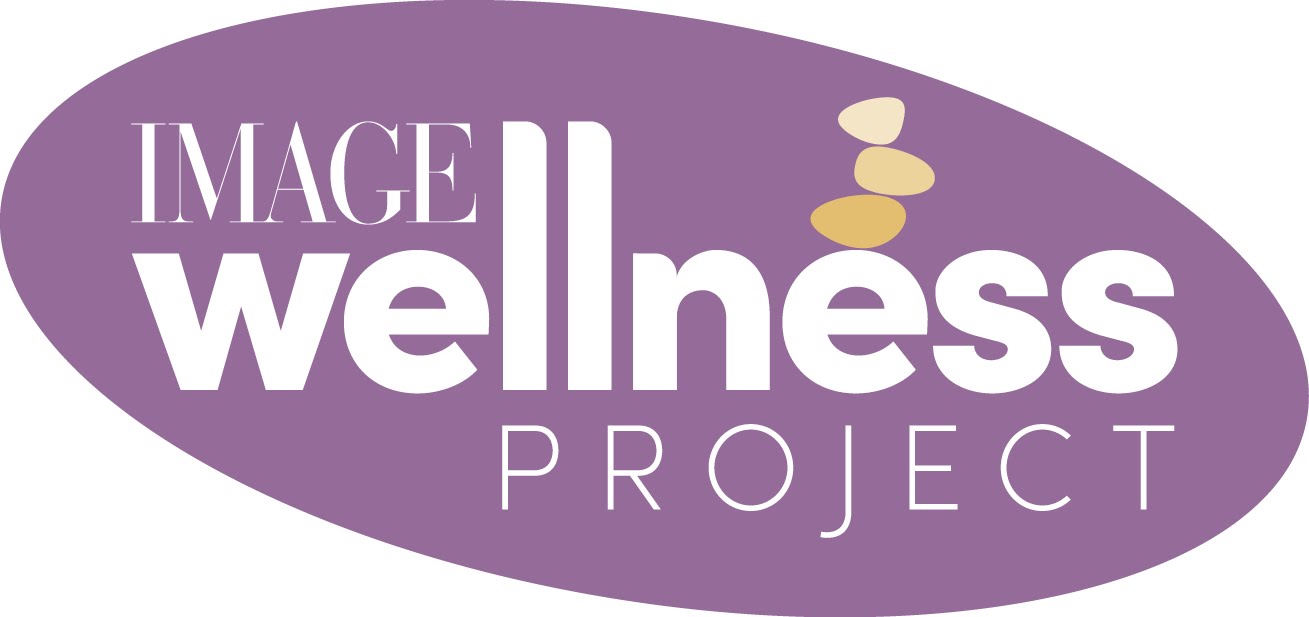
They are quite similar in how they manifest but tackling them is a little different.
To be honest, when I work with clients there is never an imposter. There is, however, always a part of the person that believes they are protecting themselves in some way. There will usually be layers of or deep-rooted beliefs about the self that amount to the creation of the “imposter”. Even renaming this part as a “protector” changes it. In sessions, we take the time to dismantle and understand when, where and how the belief was installed and then we look at it through lots of different lenses to shift the way it is perceived and to disempower and begin to change it.
With imposter syndrome, there is almost always an inability to internalise accomplishments and a persistent fear of being found out if exposed. Self-doubt, however, can be a feeling of diving into something new and not knowing how it’s going to land, feeling really vulnerable but often taking action anyway. Experience and repetition will often help overcome this.

I can’t say I do – perhaps men don’t talk about it out in the world as much, but they do in our sessions because they feel safe and they know they can get help.
Physically it can present as tightness in the chest, anxiety in the stomach, racing thoughts or a completely blank mind, sweating, nausea, shaking or dry mouth. But it can also look like procrastination, perfectionism, over-preparation, overthinking, isolation and staying quiet about it to team members.
Self-reflection is a tool I have used since the very beginning of my training in the coaching world and it has been so valuable with regard to my personal and professional growth. When we purposefully carve out the time for self-reflection the first point is that we are saying to ourselves: “I matter; I am important; I am valuable, significant and worthy.” This alone is gold. I like to write it down, but it’s also so valuable to talk about it out loud with a friend, coach or counsellor where you feel safe. It is a practice of gaining insight and clarity through huge amounts of compassion, understanding, empathy and non-judgement.
When we realise that much of the foundation of imposter syndrome has its roots in belief systems we can see that reflection is one of the antidotes. This practice gifts us the opportunity to look back with fresh eyes, fresh wisdom and very often fewer or different emotions. Cleaning the lens and allowing for a fresh new perspective on ourselves with love and grace we can begin to build a new nourishing and nurturing picture of ourselves in our mind’s eye, thus making the ground more stable under our feet for the next time we step out into the world.
The IMAGE Wellness Project is powered by Meaghers Pharmacy and in association with Activia, its4women, Irish Life Health and KIND. Visit our Wellness Hub to follow weekly updates including interviews, videos and podcast episodes with our leading wellbeing experts.